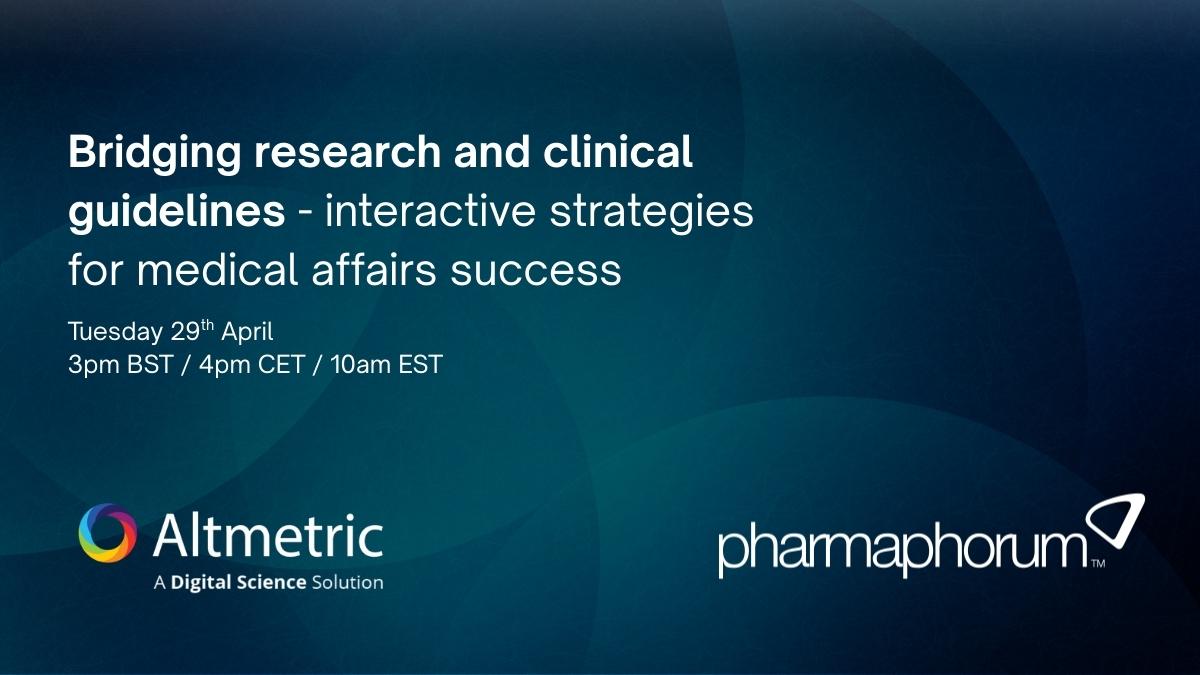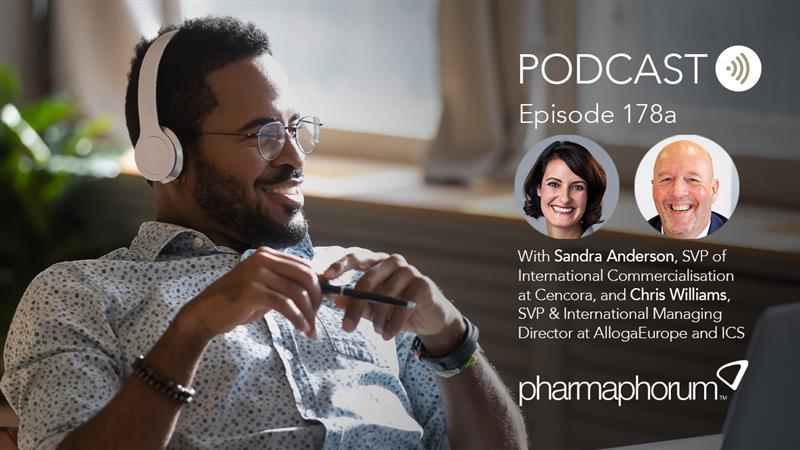Guidance creates access gap in UK for GPP drug Spevigo

Pepople in England and Wales with a rare and severe form of psoriasis are celebrating the news that they may soon be able to access a new, first-in-class treatment from Boehringer Ingelheim.
NHS cost-effectiveness overseer NICE has published new guidance recommending IL-36 inhibitor Spevigo (spesolimab) for the treatment of flares – devastating eruptions of painful blisters – in people with generalised pustular psoriasis (GPP).
The decision does, however, create a disparity in access to Boehringer's drug within the UK, as the Scottish Medicines Consortium (SMC) turned down the drug, which has a UK list price of £15,000 (ex-VAT) for a pair of 450mg vials, in guidance published in March. Spevigo is administered as a single 900mg infusion for flares, with a second dose given a week later if symptoms persist.
NICE has given a green light to the use of the drug in initial flares that are deemed moderate to severe, and also allows a second dose after eight days if symptoms have not resolved.
GPP flares can be serious enough to hospitalise patients with complications like heart failure, renal failure and sepsis, and mortality rates range from 2% to 16%, with most deaths caused by septic shock and cardiorespiratory failure.
Spevigo has a conditional marketing authorisation by the Medicines and Healthcare products Regulatory Agency (MHRA) and is the first therapy specifically approved for GPP flares as well as the first drug in the IL-36 inhibitor class to reach the market.
Currently, ciclosporin, acitretin and other drugs that inhibit different cytokines and are used for other forms of psoriasis are used off-label to try to support patients experiencing a flare, but there is limited evidence for their efficacy.
In the EFFISAYIL 1 trial, a single intravenous dose of Spevigo was compared to placebo in 53 people presenting with a GPP flare, including high or very high density of pustules on the skin. A week after dosing, more than half (54%) of patients treated with spesolimab showed no visible pustules on their skin, compared to 6% of those treated with placebo. The protective effect was sustained for up to 12 weeks, according to the data.
Helen McAteer, chief executive of the Psoriasis Association, said Spevigo's NHS recommendation "marks a major step forward in addressing a significant unmet need for people living with GPP in England and Wales."
She added that the disease is "a rare and often unpredictable condition [that] can have a devastating impact on quality of life, not just due to the severity of the flares, but also the constant anxiety about when the next one might strike. This decision offers real hope to patients who have long awaited treatment options and the possibility of greater stability and peace of mind."













